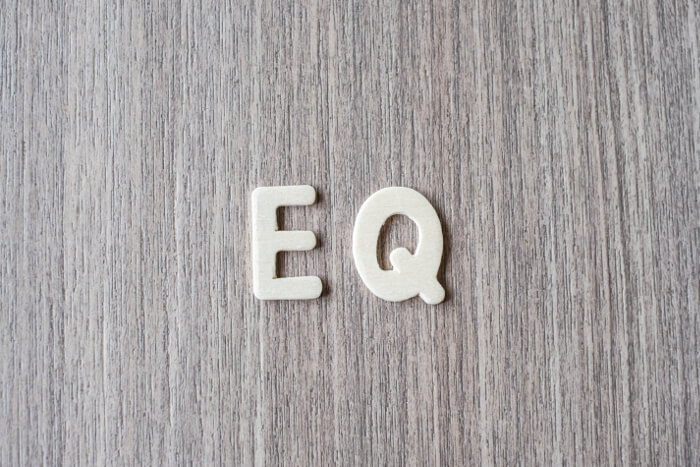
Emotional Intelligence Is An Echo
A lot of great research has gone into establishing a solid body of knowledge on Emotional Intelligence ranging from the work of pioneer thinker Daniel Goleman to the views of Howard Gardner. EQ has become a recognized dimension with which to navigate effectively through life and a key performance attribute with which to succeed at business. Whenever we think of emotional intelligence, chances are we regard it as something we can learn rationally with our brains, to ultimately enhance our interpersonal relationships. And to think we are going to improve our EQ by doing a quick online assessment and workshop is to commoditize our individual uniqueness. As humans, we have a non-negotiable responsibility to be emotionally aware and there is a much bigger aspect to consider which stands at the very foundation of our spiritual growth. This is where I would like to take your attention if you don’t mind.
The ultimate benefit of becoming more aware and intelligently in control of our emotions touches the very essence of being human. Becoming emotionally intelligent requires us to appreciate others with a deep sense of compassion. We need the wisdom to see the difference between the person, and the act – an insight often not recognized. To develop such compassion and a non-judgmental respect for others and ourselves, we need to cultivate a new language. A language of the heart. With a transcendent energy force that speaks from beyond the rational mind. Whereas one could go a long way to understand the finer nuances of EQ by reading about it and doing self-assessments, it’s only when it gets contemplated upon, and mindfully rooted into our hearts, that it becomes second nature. At this level of consciousness, EQ enables us to deal better with our afflictive (negative) emotions like anger, greed, hatred, and resentment on a path of spiritual growth.
Semantically, EQ can be considered as a verb – something we do (acting with emotional awareness), or as a noun – something we are (being intelligently aware of self and others). The two go hand in hand. We first need to transform ourselves internally on a deep level to become more aware, compassionate and understanding of others, before we can act emotionally in an intelligent way. And only when we act towards others in an emotionally intelligent way, can we think of ourselves as being emotionally intelligent.
Finally, to be emotionally intelligent presupposes that we have someone or something with whom to interact intelligently with. Emotional intelligence requires responsiveness like an echo calling us to connect and interact in a way befitting to the full potential of our human-ness. The words of Rabbi Hillel comes to mind when he said, “If I am not for myself, who will be for me? If I am not for others, what am I? And not now, when?
Get in touch
klasie@streetschool.co.za
10 Repens Street, Paradyskloof,
Stellenbosch, 7600
Indian Retreats
Himalayan Adventures
Student Journeys
Executive Rejuvenation
Accreditations

Get in touch
klasie@streetschool.co.za
10 Repens Street, Paradyskloof,
Stellenbosch, 7600
Accreditations

